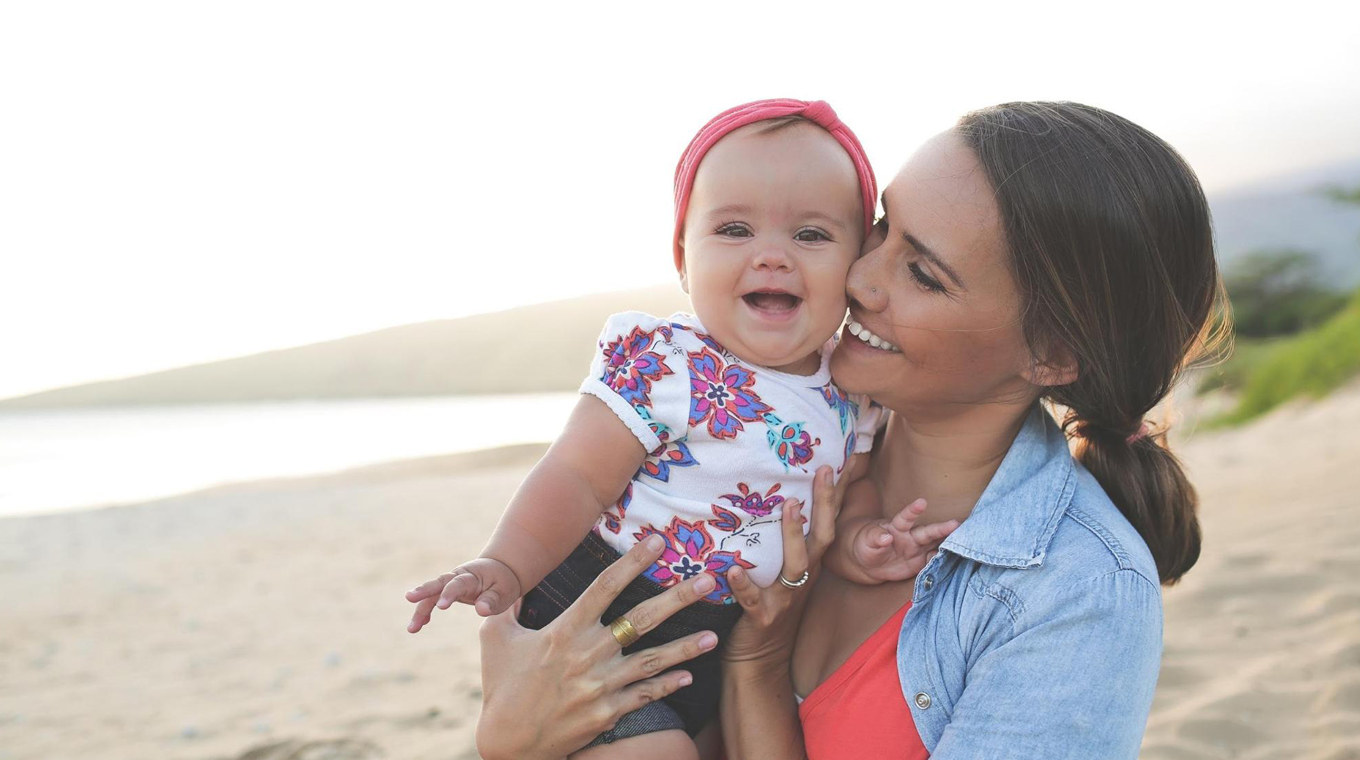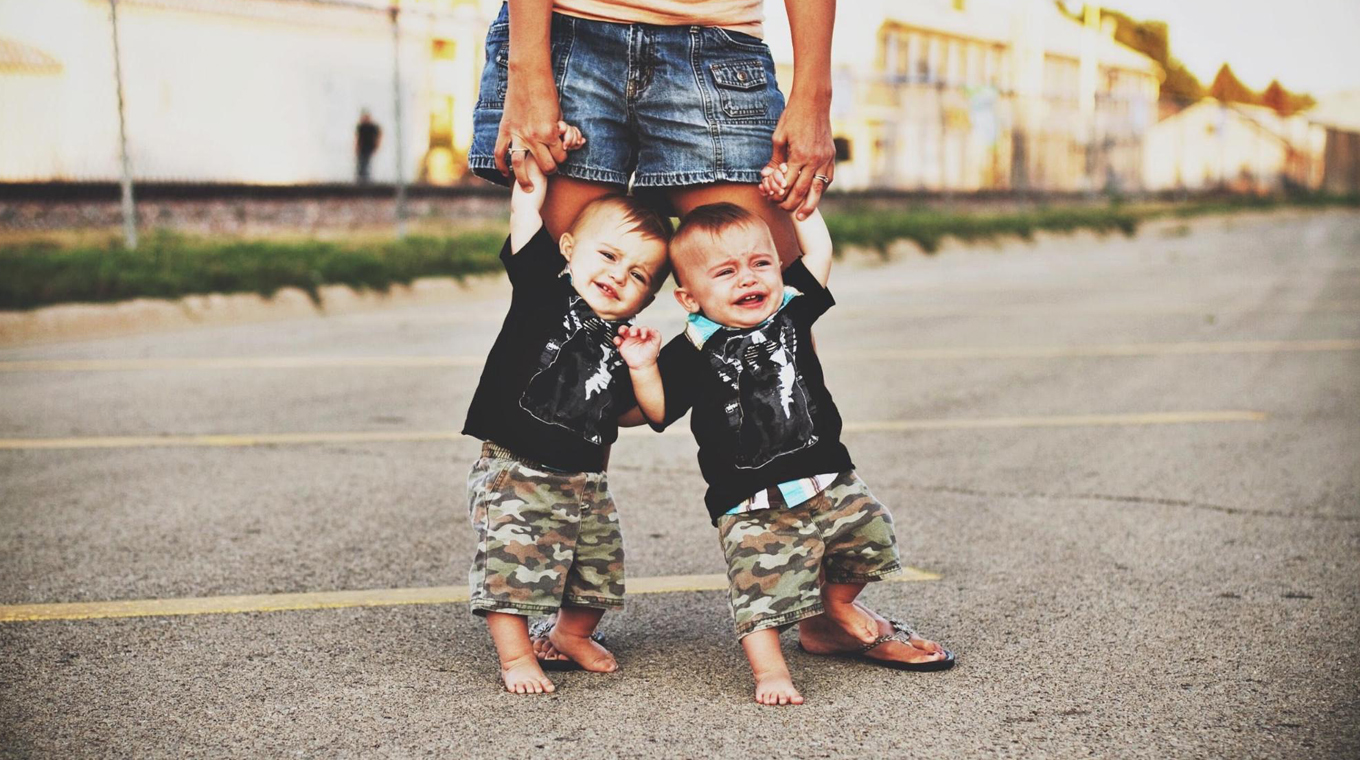
In this article
Your baby is learning about the world around her every single day from the sights, sounds, and people that surround her, but have you ever wondered what your baby is learning from you?
Maybe you’ve experienced what happens when you’ve had a bad day or you’re stressed and — just when you really need your baby to be extra cooperative — she seems to want to do the opposite. You’re ready for her to nap, but she’s fussy and irritable and won’t settle down; you just want some peace and quiet but she’s crying nonstop; you feel like crying as you wonder if your baby is somehow feeling your stress. But is it really possible? Can your baby feel your emotions?
The short answer is: Yes, babies can feel your emotions, sometimes with rather surprising accuracy. And just like a bad mood can be contagious among adults, negative emotions expressed around your baby can affect her too. Here’s more about how babies develop their keen sense of emotional intelligence.
How babies react to emotions

Science has confirmed that babies are able to distinguish emotions displayed by adults. Not only are babies able to distinguish emotions, but they take time to study adults carefully to determine those emotions. In fact, you could say that babies are sort of emotional experts.
A 2018 study out of Switzerland found that babies are able to distinguish emotions from adults based on both facial expressions and voices. The babies develop their emotional abilities very early in life: Within the first six months, they can distinguish differing emotions from happy to sad to angry. The study found that babies have a natural preference for happy faces and voices, especially before 6 months of age. After they are older than 6 months old, they are able to distinguish even more emotions beyond the basics of happiness, fear, anger, and sadness.
How your emotions affect your baby

An earlier 2013 study in the journal of Psychology Science examined the impact that parental emotions — particularly when parents argue and display conflict in front of the baby — affect the baby’s development. The study found that babies exposed to emotions such as anger in the form of angry voices and conflict had heightened neural responses in their brain. Brain areas associated with emotions, stress reactivity, and regulation were all affected when babies were exposed to angry voices vs. neutral voices, which led researchers to surmise that even moderately stressful environment (such as parent arguing), could impact the baby’s brain development.
In other words, regular exposure to negative emotions like anger impacts your baby’s development.
How to express your emotions in a healthy way around your baby

So, does that mean that you can never, ever show a negative emotion in front of your baby or fight with your partner about whose turn it is to load the dishwasher or take out the trash? Of course not.
Expressing emotion is a normal, natural, and healthy part of life. No human can survive without expressing their emotions in some way and that begins in infancy; your baby learns very early how to express his emotions to you, from crying to flashing you that dimpled grin. And you, in return, can display emotional intelligence to your little one to help them learn to sort through their own emotions as they grow.
You can help develop your baby’s emotional intelligence in a healthy way by doing things like:
- Openly naming your emotions. It’s not wrong to have a bad day or to be upset around your baby, but getting in the habit of naming your emotions early can help you and your growing baby to manage your emotions.
- Balancing the good with the bad. Your baby takes cues from you, so even an upset mood can be healthily managed if you use a calm voice and a happy smile around your little one.
- Institute time-outs. Nope, not for your baby — for you. If you’re feeling stressed or overwhelmed, instead of transferring that emotion to your baby, take a time-out to breathe deep and center yourself, so you can manage your emotions in front of your baby.




